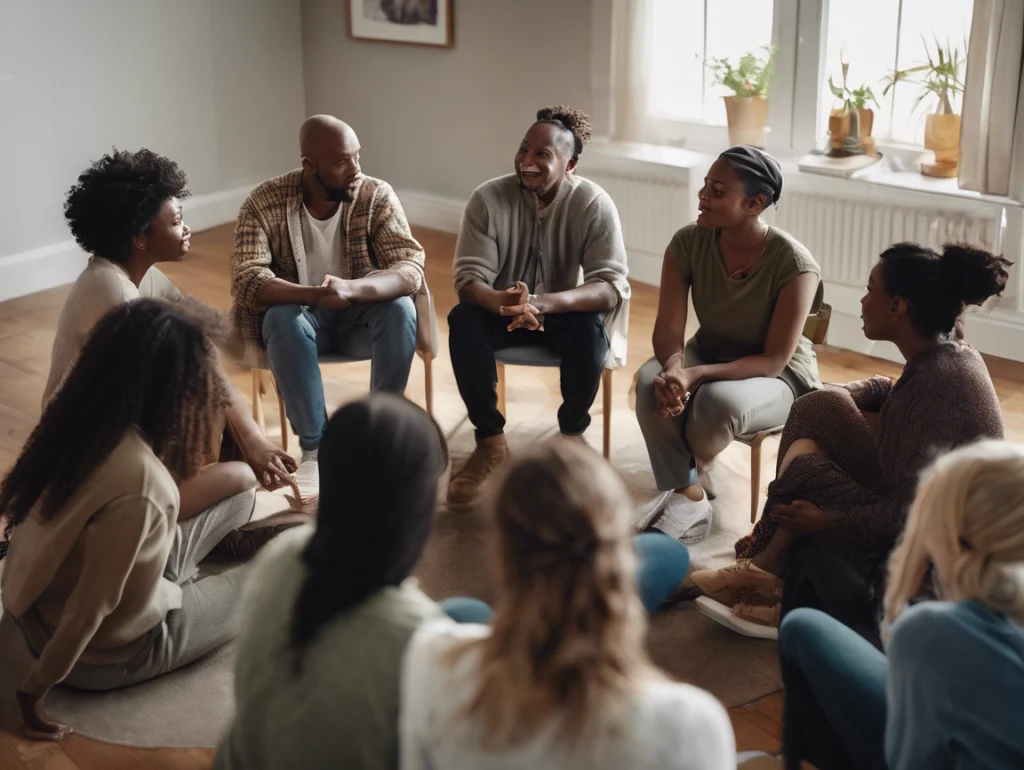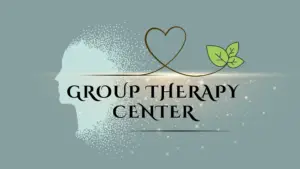Why Group Therapy Might Be the Healing Space You Didn’t Know You Needed

The Power of Connection: How Group Therapy Supports Healing
In today’s fast-paced and often isolating world, many people are searching for meaningful ways to connect, heal, and grow. One of the most impactful, yet often overlooked, forms of therapy is group therapy. Whether you’re struggling with anxiety, grief, trauma, or simply feeling lost, group therapy offers a safe space where healing can happen through shared experience.
What Is Group Therapy?
Group therapy brings together a small group of individuals facing similar challenges, led by a trained therapist. Sessions typically focus on a particular issue (like anxiety or grief), a therapeutic method (like CBT or mindfulness), or a shared identity or experience.
Unlike individual therapy, where the focus is one-on-one, group therapy allows members to listen, learn, and support one another in a collaborative setting. The goal is to reduce feelings of isolation, increase self-awareness, and develop healthier coping strategies.
Key Benefits of Group Therapy
1. Shared Experience
You quickly realize you’re not alone. Hearing others describe feelings and situations similar to yours can be incredibly validating and healing.
2. A Safe, Confidential Environment
Group therapy creates a structured space with rules of confidentiality and respect. This allows participants to open up at their own pace.
3. Diverse Perspectives
Every member brings a different lens. You might gain insights from someone who’s been where you are, or from someone who sees your situation in a way you hadn’t considered.
4. Improved Communication Skills
Sharing your story and listening to others fosters empathy, boundaries, and emotional regulation.
5. Professional Guidance
Sessions are led by licensed therapists trained to guide the conversation, provide tools, and ensure a safe experience for all.
Who Can Benefit?
Almost anyone. Group therapy can be particularly helpful for people navigating:
- Anxiety or depression
- Grief or loss
- Addiction or recovery
- Trauma or PTSD
- Life transitions (e.g., divorce, caregiving, new parenthood)
- Identity development
Many people attend both individual and group therapy for a well-rounded approach to mental health.
Online Group Therapy: Healing from Home
With the rise of telehealth, online group therapy has become more accessible than ever. From the comfort of your own home, you can connect with others across your city, or even the world, through secure video platforms.
Benefits of online groups include:
- Greater accessibility for those with mobility, transportation, or scheduling challenges
- Broader range of group topics and therapists to choose from
- Comfort and privacy of your home environment
What to Expect in Your First Group Session
The first session is usually about getting to know the group and setting ground rules. You won’t be pressured to share more than you’re comfortable with. Just being present and listening can be a powerful first step.
Final Thoughts: You Deserve Support
Healing doesn’t have to be done alone. Group therapy is a reminder that while your pain may feel unique, others are walking a similar path, and together, you can find your way forward.

